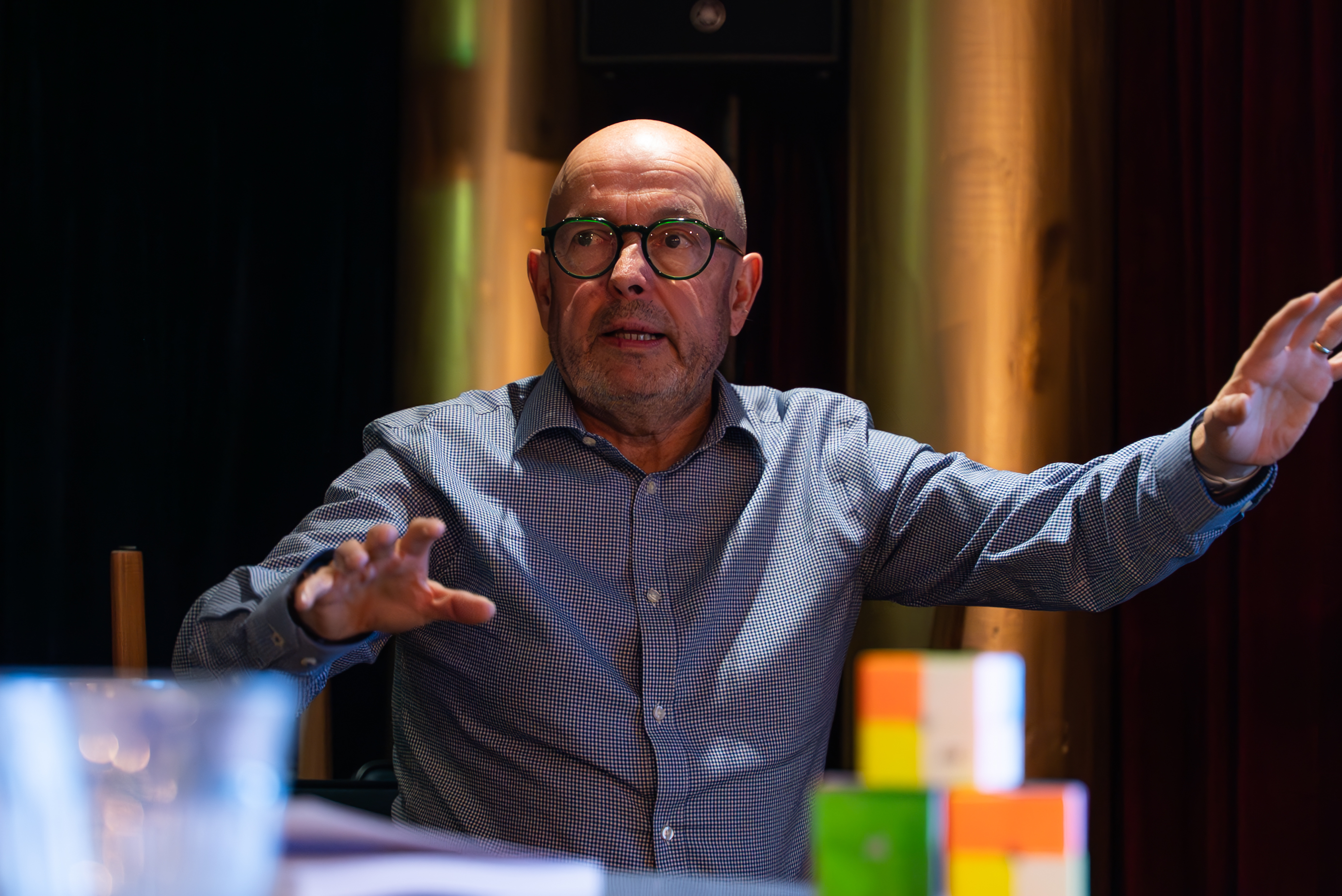Business simulations to enhance project management skills
By Ken Thompson, Feb 25, 2021 Last updated Jun 11, 2025
"Operations keeps the lights on, strategy provides a light at the end of the tunnel, but project management is the train engine that moves the organisation forward."
- Joy Gumz
There are five key skills which a project manager needs to master if they are to succeed in today’s challenging multi-stakeholder and dynamic projects environment
- Stakeholder management
- Change management
- Team management
- Work management
- Agile project management
In this short article we will explore the key aspects of each skill. We will then conclude by introducing three interactive business simulations which can help these skills be acquired and deepened experientially, effectively and quickly!
Stakeholder management
This is about managing all the different stakeholders necessary for a project to succeed. The UK Office of Government Commerce (OGC) defines stakeholders as “individuals or organizations who are invested in a particular project and who are affected by this project in some way, and also their input has a direct impact on the project’s upshot.”
In simpler terms, anyone who can impact or be impacted by your project is a potential stakeholder!
This is one of the many factors which makes project management so difficult - identifying and managing the most important stakeholders because there will be far too many to manage them all!
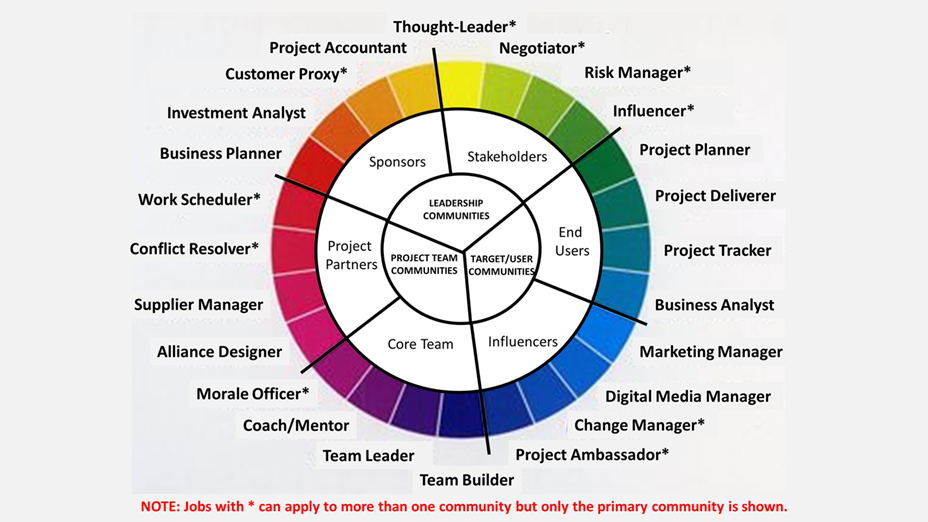
Change management
This involves developing and executing a credible change plan to provide the necessary support for whatever the project is building or designing or modifying.
Change management and project management go together like trains and tracks or cars and drivers – it just does not work unless you have both components.
We might argue about the precise sequence and the preferred names, however, a credible change plan needs to cover at least the following 16 aspects:
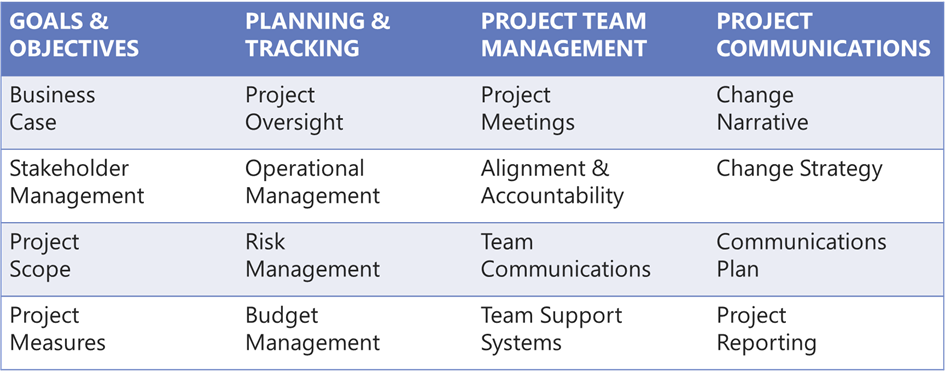
Team management
This is about looking after the project team both as a whole and as individuals.
The diagram below summarises the key aspects of team and work management:
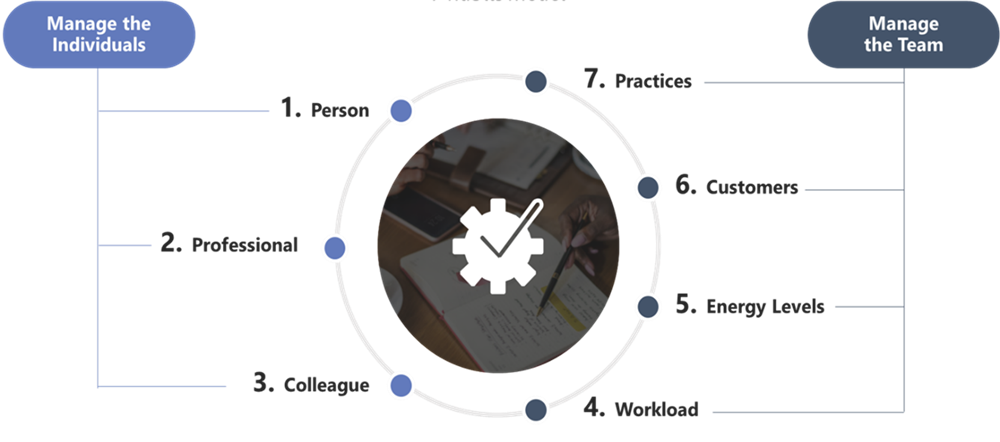
Work management
Making sure the right people are allocated to the right task and are progressing it to schedule and customer satisfaction.
Remember, with the right person on the right task, everything is possible, but with the wrong person on the wrong task, nothing is possible.
Work should be appropriate to a person’s skill level – think goldilocks – not too difficult or too easy for them – it needs to be just right. It should be difficult enough to stretch and develop them, but easy enough for them to be successful.
Also a good project manager will manage the intensity of the work to keep their colleagues safe from the twin perils of burnout and boredom!
Agile project management
Finally, good project managers make sure that the project is being delivered in an agile, responsive manner. How often have you been on the receiving end of “project targets, deliverables and outputs” instead of “project outcomes, benefits and transformations”?
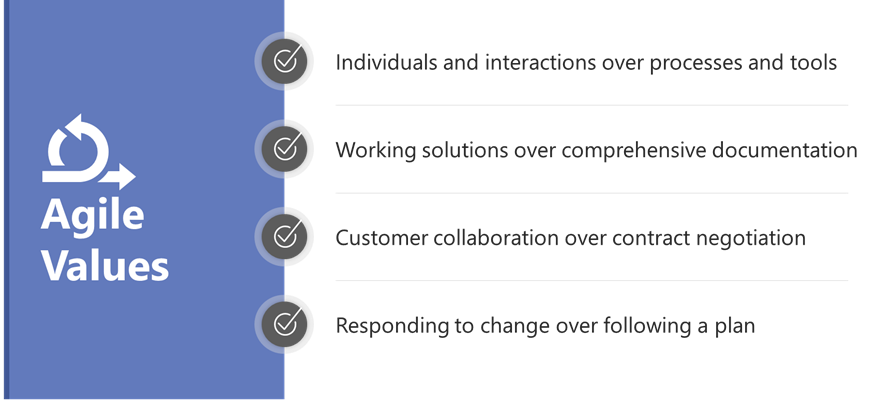
Business simulation are an efficient, effective and engaging way to develop project management skills
We offer a set of three complementary team-based business simulations to help develop world class project management skills quickly and experientially under the guidance of an expert facilitator.
Each simulation lasts three hours (with a mid-point break) and is typically played by 3-6 teams, with 4-5 participants per team.
The simulations can be delivered face-to-face or totally virtually or a hybrid of the two.
The simulations can also be played synchronously (all at the same time) or asynchronous (all at their own chosen times).
The set of three simulations we recommend for project management are:
Influence
Focus: stakeholder and change management (skills one and two)
Summary: A change management simulation which develops influencing skills and understanding of organizational and reputational power as you try to win the support of key stakeholders essential to the success of your major change project.
Crew
Focus: Team and work management (skills three and four)
Summary: A team management simulation which develops team leadership and project scheduling skills as you allocate work to your team, whilst you also manage constant people and team challenges, including staff capabilities, motivations and other issues.
Spread
Focus: Agile Project Management (skill five)
Summary: A configurable project management simulation which allows you to simulate any kind of project (build, adoption or hybrid). The off-the-shelf example is an Agile Product Development and Launch (APDL) of a fast-moving consumer product which combines both product build and project management scenarios.
